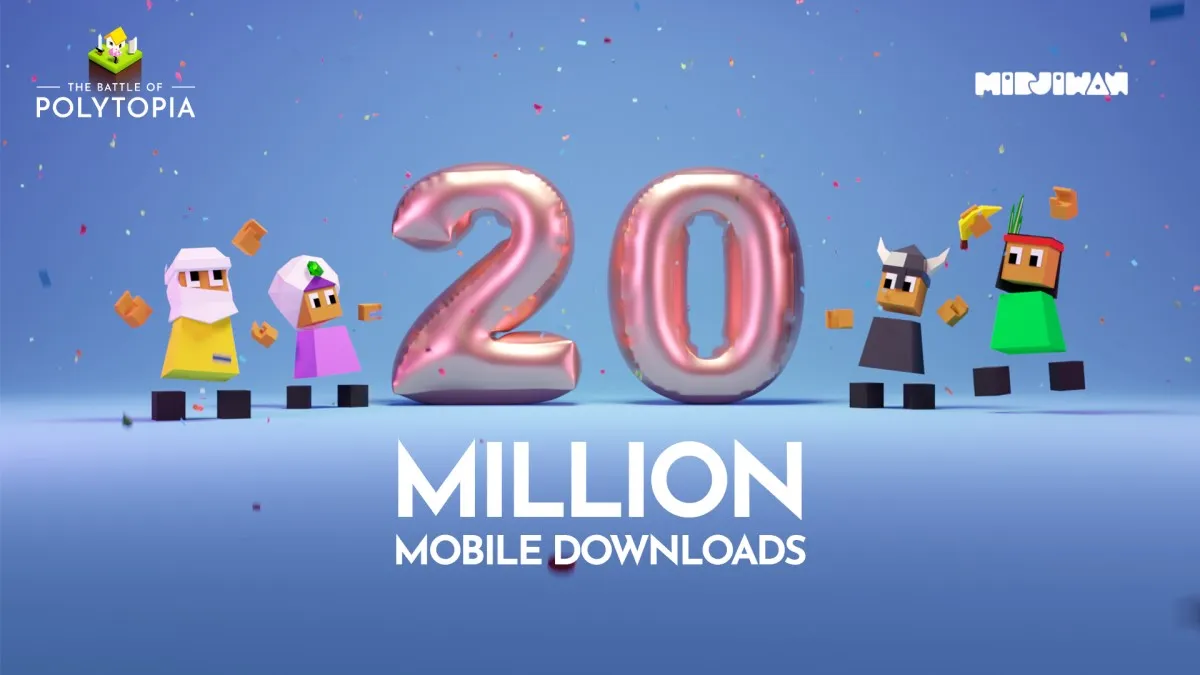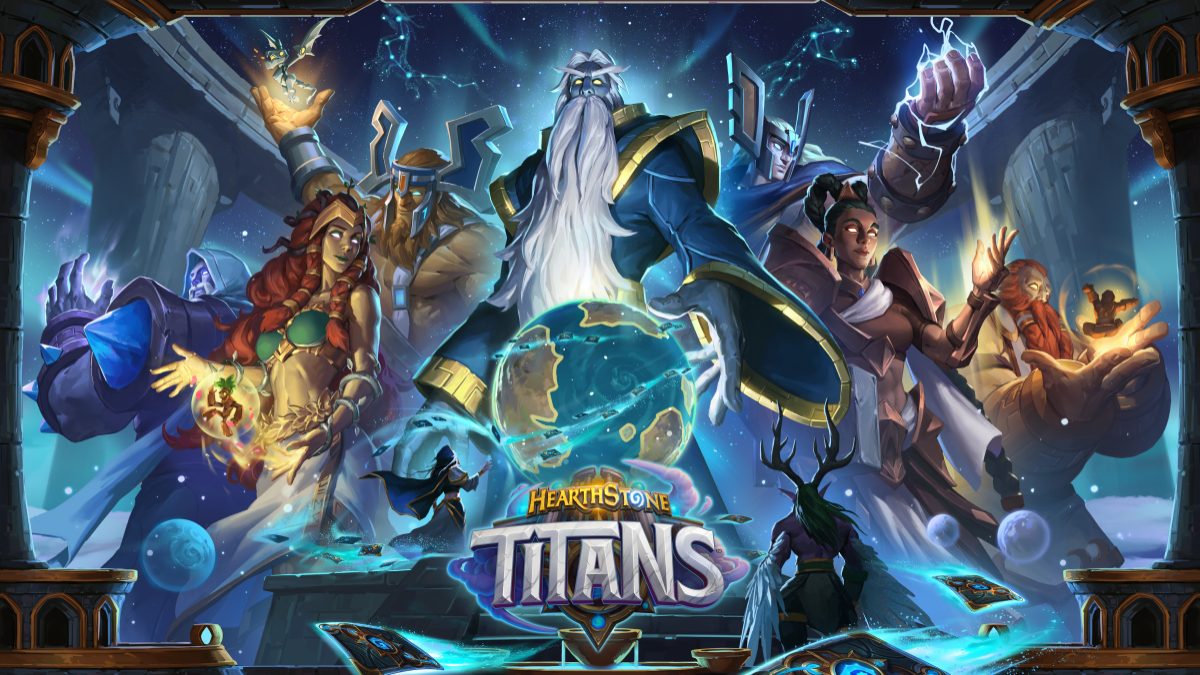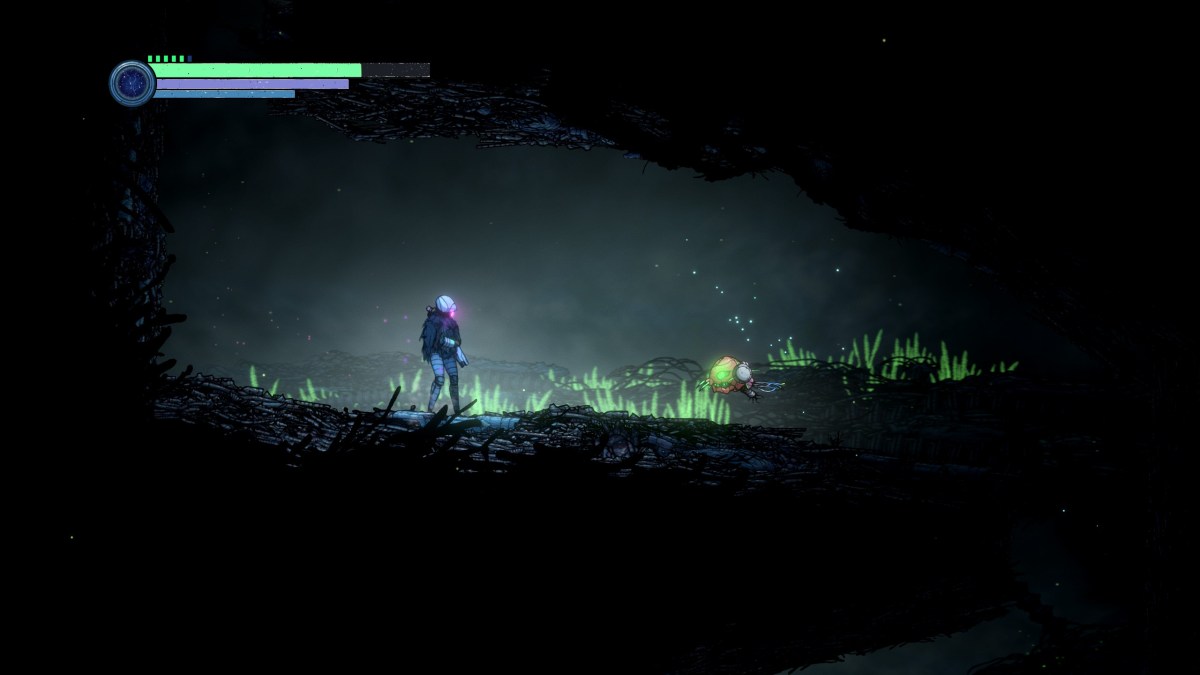Games industry veteran Joe Ybarra his announced his return with a brand new studio (Joe Got Game) and a $700,000 USD Kickstarter to fund development of turn-based, moon colonisation strategy title Shackleton Crater.
We had questions about the game, so we beamed them across the intergalactic medium of email and waited for a return signal.
What came through were further details about Shackleton Crater, some background to the foundation of Ybarra’s new studio and thoughts on humanity’s desire to strive for the stars.

IncGamers: For those reading who haven’t yet seen the Joe Got Game site or Kickstarter page, can you give a quick summary of what Shackleton Crater will be all about?
Joe Ybarra: Shackleton Crater is a strategy game based on lunar exploration guided by both contemporary theories on colonizing the moon and the value of moving forward into the stars. We strongly believe that not only is the idea of traveling to the Moon extremely interesting, but it is also extremely fun. We want to capture what a colonization effort on the Moon could be like, and then let players explore what it will become.
Right now, not only are Government Agencies looking forward into the future of Space exploration and colonization, but private corporations are also engaging in the enterprise. It is quite plausible that our players could join the effort and realistically solve some of the logistic puzzles that face this challenge.
IG: What prompted your return to videogames with, specifically, the formation of your own studio?
JY: At this stage of my career I feel that my final contributions to the gaming industry can be best fulfilled by creating games which accomplish several goals. Shackleton Crater is a labor of love, both for the content of the game (space exploration) and for the actual process of developing the product with a great team. In creating a new studio we are able to work with great people which we can hand pick. Also, as an independent studio we can more easily interact with our customers throughout development to insure we’re creating the product everyone wants to see.
IG: Do many of the development team have a background in creating turn-based strategy titles like this? If so, what games have they worked on?
JY: In addition to my own experience, my team mixes a wide variety of backgrounds and experience levels. Our players will meet the development team as we move further into production. You’ll see a range of both veteran and new faces. I believe that the members on my team that have no experience making strategy games are just as valuable as my own experience because of the fresh perspectives they bring to the table.

IG: There seems to be a minor discrepancy between your biography on the Joe Got Game site (which states you were a co-founder of Electronic Arts,) and other sources which say EA was a start-up founded by Trip Hawkins alone. Can you clear that up for us?
JY: As employee number 5 at EA my initial role was as a Producer, a position which did not exist in our industry prior to EA. Along with several others, the producer group at EA was responsible for publishing virtually all of the products EA would create during my 5 years at EA. Not only do I consider myself as an integral contributor to the initial success of EA, but there are several other people who were just as vital. Rich Melmon, Bing Gordon, Tim Mott, Jeff Burton, are just a few of the other individuals who helped get EA launched. That said, there is no dispute that Trip Hawkins is the originator, visionary, and driving force in the creation of EA. Like all endeavors, we were there to make the EA vision a reality, and all of us worked together to realize this vision.
IG: You’ve emphasised the “non-combative” aspect of the game (so no angry XCOM style aliens popping up on the moon.) Was it a specific philosophical or design decision to develop a non-violent game?
JY: When we looked at doing combat on the Moon, it occurred to us that in the context of a realistic simulation combat was not interesting. Although we could have gone the route of creating lots of interesting weapons and vehicles, the reality is that any lunar colony that became a military target would be shot with missiles from Earth. Although that makes for some really cool pyrotechnics, it’s basically game-over for the player to try fighting on the Moon. In the end, Shackleton Crater is a vehicle for exploration and creativity. Have you ever run out of oxygen and had 20 seconds to figure it out or die? We’re certain that the dangers coming from challenges players face in colonization will be just as exciting as blowing an alien ship out of space.
IG: It does appear as if there will be some competition between players though, along with trade. In the update about ‘Stage One’ of the game, it’s mentioned that the player with most victory points will be the “winner” of the stage. Will this friendly (or not so friendly!) competition persist throughout all stages of the game?
JY: That is the foundation of our game play! As a lunar colony develops it will rely on the relationships it has with other colonies and the nations of Earth to survive. There will be a lot of one-upsmanship, conniving and deal making every moment of lunar life. After all, every single drop of water and joule of electricity could mean life or death for the colonists of the Moon – let alone making progress towards scientific wonders such as a mass driver or space elevator. We intend to create a game system that balances the decision making between competition, collaboration and collusion.

IG: If someone opts to play solo, will an AI be taking the role of another player (or players)? Or will they be alone out there?
JY: Our current multiplayer game model is asynchronous – when it can, Shackleton Crater will attempt to gather player data to determine play events. However, in lieu of this information there will be an AI component of the dynamic event system that will keep the game lively.
IG: On the official Shackleton Crater page it mentions that ‘dynamic events’ will challenge players throughout the game. What kind of recurring problems will colonies have to deal with?
JY: We’re basing the meat of our dynamic event system on the realities of a lunar colony. There are infinite dangers to colonizing a low gravity / atmosphere planet or moon. Players will work their way through every kind of issue. Those craters that you see on the lunar surface were caused by high velocity impacts. How are you going to protect your structures from those type of strikes? Riots, computer viruses, meteorites, solar flares – if it can or will happen then we’re going to build it.
IG: You’ve also mentioned that data from international space agencies has been used as research for the title. How have you applied what you’ve learned from that data to the game, and what in-game mechanics has it informed or influenced?
JY: The most obvious thing we’ve done this far is model the actual surface of the moon. We used NASA’s LOLA (Lunar Orbiter Laser Altimeter) to generate our current set of maps and this allows us to model the Moon’s surface to the nearest 5 meters. This is perfect because we can use procedural techniques in each game session to keep the field dynamic while still having extremely accurate lunar terrain. Beyond that, we’re using realistic data to shape everything within our game from building structures to what types of materials can be found.
IG: Once your moon colony is established, self-sufficient and (hopefully) thriving, what is the “end goal” (or goals) of the main campaign? What is the player ultimately trying to achieve?
JY: The final, end-game objective for every lunar colony is to build scientific wonders. We score players at several points during the game play as a way to track progress, but ultimately you must focus your efforts on creating structures that substantially further humanity’s reach into the universe. The current list includes mass drivers (a method of shipping freight across the solar system), space elevators (a structure that reduces the cost of traveling to and from orbit), communication arrays on the dark side of the moon (which have zero interference from nearby interstellar bodies), mass habitation (to found a new nation on the Moon), and much more. The player who accomplishes the most in a set amount of time is the winner.

IG: At the time, landing a man on the moon was something that could only be achieved as a massive government undertaking (just as the first transcontinental railroad had been, a century earlier.) Today, it seems as if public funding for space voyages is falling and private industry is moving into that sector. What effect do you think that will have on future space exploration?
JY: In seeing the rise of private industry for space travel we are seeing validation of humanity’s dream to reach the stars. That same dream is why we are making Shackleton Crater, and so long as there are dreamers there will be progress made by and for everyone.
IG: EA seems to have dislodged Activision as the de-facto ‘hate figure’ publisher in the game world of late, and actions like SimCity’s mishandled launch and its “always online” DRM are not endearing them to players any further. Has your former company lost its way?
JY: Electronic Arts from the very beginning was founded to create the biggest and best games in the industry. Each iteration of their franchises is designed to be even better than the last version, but occasionally problems arise that are unforeseen. EA has the resources and desire to create great products, so I’m sure they will recover from any issues that arise.
IG: Finally, is there a back-up plan in place for Shackleton Crater if (and hopefully this isn’t the case) the Kickstarter is not successful?
JY: The great thing about Kickstarter is that we can get immediate feedback from people who care about what we are trying to accomplish. We are already taking notes and will be engaging our backers from the moment we launch because in the end, you have to make games that people want to play. Obviously we hope that we succeed with our Kickstarter, but we are committed to building Shackleton Crater and will address other avenues if it becomes necessary.
Shackleton Crater is now live on Kickstarter.






Published: Mar 11, 2013 08:04 pm